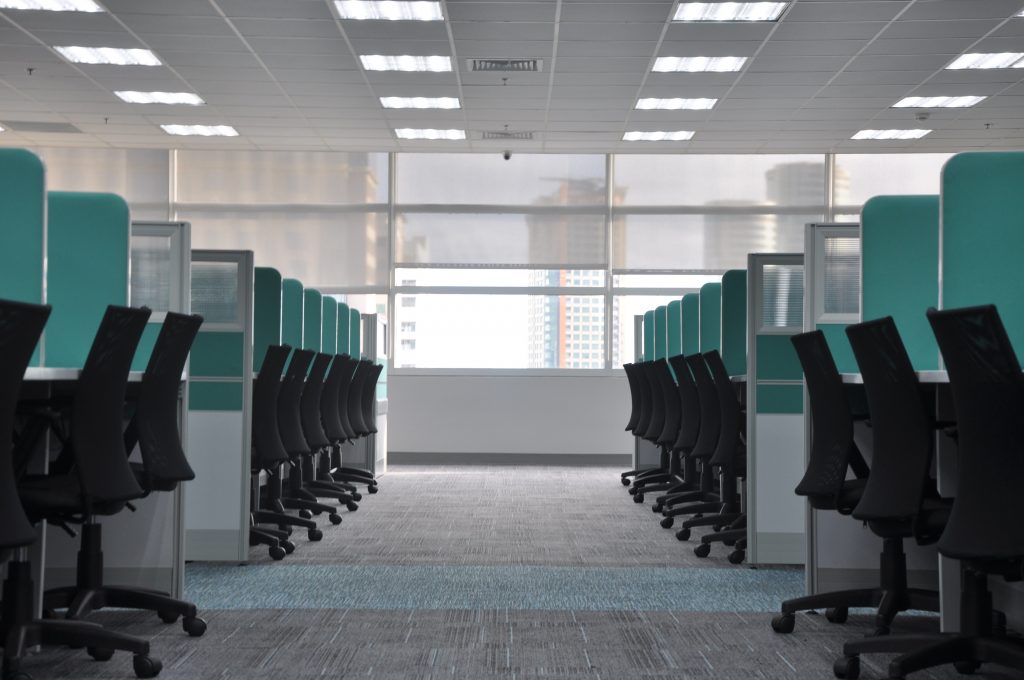
– By our volunteer, Beverly
Have you ever thought about your workplace’s drug and alcohol policy? I hadn’t given it much thought until suddenly the news was full of reports of a “culture of drinking” at Downing Street. It seems obvious that you shouldn’t drink or take drugs at work, why would your employer even need to tell you it’s against the rules!
I doubt many of us work in a place where popping to the shops with an empty suitcase to stock up on booze would be considered normal and there certainly isn’t a wine fridge in my office. However, when I moved to work in London in the early Noughties, I was surprised how normal it was to go for a drink at lunch every day. People worked long hours and most socialising was done in the pub.
Going for a drink after work was how you built career connections, especially at all those client events which were often just an excuse to take advantage of a free bar. If you didn’t drink it felt like you were missing out on the chance to make friends and get ahead. Alcohol was also used as stress relief for many people, the accepted way to switch off from work worries.
The drinking culture in the City changed somewhat towards the end of the Noughties, perhaps because of the financial crisis but also because many companies realised the potential damage that employees could do if they were drunk at work. There was also a trend towards a healthier lifestyle with many people heading to the gym rather than the pub.
These days many employers are becoming more interested in the health and well-being of their employees. Lockdown has resulted in a change in working routine for many of us, whether that meant working from home or furlough. For some, this has also led to a change in drinking habits. If we’re working from home, maybe we can open that bottle of wine a little bit earlier and if there’s no need to drive to work in the morning, maybe we can “treat” ourselves to an extra glass or two to help switch off.
Reports suggest that we’ve been drinking more alone and later at night during lockdown. Without the routine of a normal working day, changes to behaviour as a result of increased drinking can go unnoticed and unchallenged. For those of us who live alone, there’s no one to comment if we show up for work at the kitchen table hungover for the second day in a row. Maybe we’ll just leave our camera switched off for the first Zoom meeting of the day.
In August 2020 the Chartered Institute of Personnel and Development (CIPD) produced a report on how companies tackle misuse of drugs or alcohol by employees. The report suggests that many employers view substance use solely as a disciplinary matter rather than an opportunity to support an employee with a potential health issue. There is little training available to managers on how to engage with an employee who discloses an issue with drugs or alcohol and little information on external support services.
Is the return to “normal” work as we emerge from lockdown a chance for employers to develop a new approach to substance use issues? Many employers are eager to discuss their work-life balance programmes and encourage employees to be more open about mental health struggles. Now might be a good time to include alcohol and drug use in those discussions.
We know alcohol and drug use has a financial cost in terms of lost productivity so it’s in employers and employees interests to take pre-emptive action to address the issue. It would be great to see workplace training courses on mental well-being include discussion of addiction and stories of recovery. A lot of work has been done to tackle the stigma around discussing mental health issues and the same should be done to tackle the stigma of addiction.
Support
If you are worried about someone else’s alcohol or drug use, we are here to listen and to help. You can contact our team on 08080 10 10 11, helpline@sfad.org.uk or use the webchat on our website.
